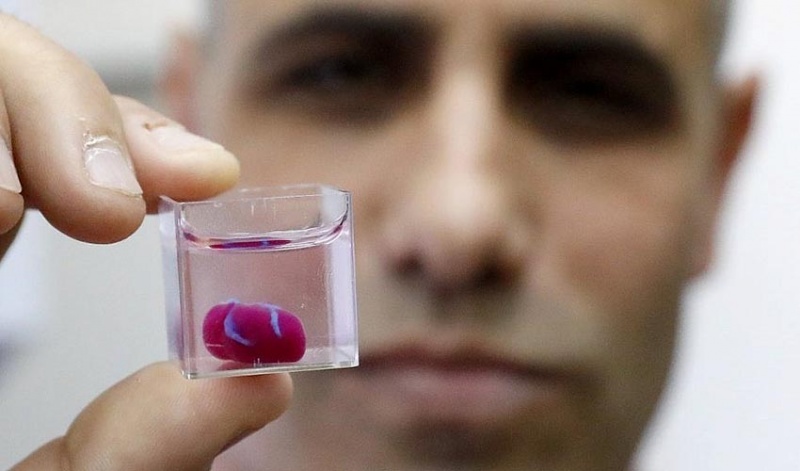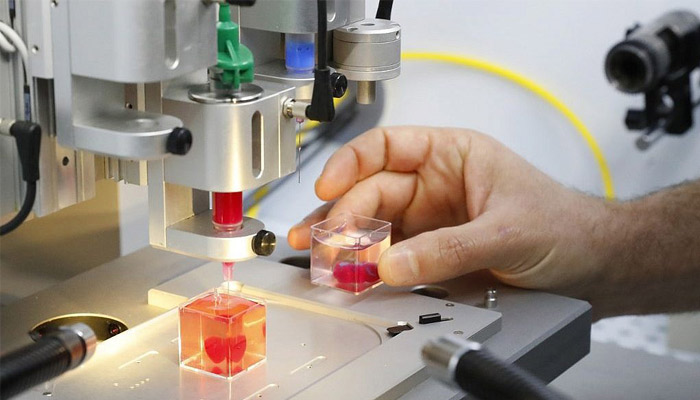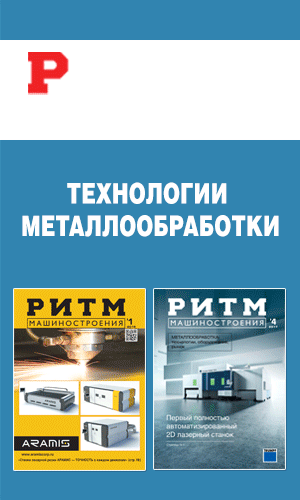
The German multinational pharmaceuticals company, Bayer, has announced that it will test new drugs on 3D printed heart tissue. Tel-Aviv University achieved a big breakthrough last year when it unveiled the world’s first 3D printed heart and vessels, and it is this same research that will speed up drug validation according to Bayer. In fact, Ramot, the technology transfer arm of Tel-Aviv University said that researchers will work with Bayer to test new medication for toxicity and efficacy using 3D printed heart tissue and eventually whole human 3D printed hearts, over a number of years.
When researchers managed to use bioprinting techniques to create a heart and its vessels, this opened up many new potential applications. Of course, 3D printing entire organs for transplantation is the ultimate aim of scientists working on this question, however there is also the issue of drug screening. Though the researchers estimate that we will need an additional 10 to 15 years to be able to reproduce organs ready for transplantation, validating drugs on bioprinted tissues is another story.

Therefore, these 3D printed tissues could enable faster, cheaper and more efficient screening than previous methods. In the case of Prof. Tal Dvir’s lab at Tel-Aviv University, drug candidates go through several phases of screening before reaching pharmacies. First, the new chemical compound is tested on human tissue cultures on Petri dishes in the lab. Then, it is administered to lab animals. Finally, the drug is approved for human clinical trials.
Prof. Tal Dvrir explains the benefits of using 3D printed tissues, “Our printed tissues contain cardiac muscle, blood vessels and the extracellular matrix which connects the different cells biochemically, mechanically and electrically. Moving away from Petri dishes to 3D printed tissues could significantly improve drug tests, saving precious time and money with the hope of producing safer and more effective medication.”

Finally, Keren Primor Cohen, the CEO of Ramot concluded: “This collaboration with Bayer will support the evaluation and development of new drugs and is a step in building long-term relations with Bayer that we hope will benefit both partners and ultimately patients.”


